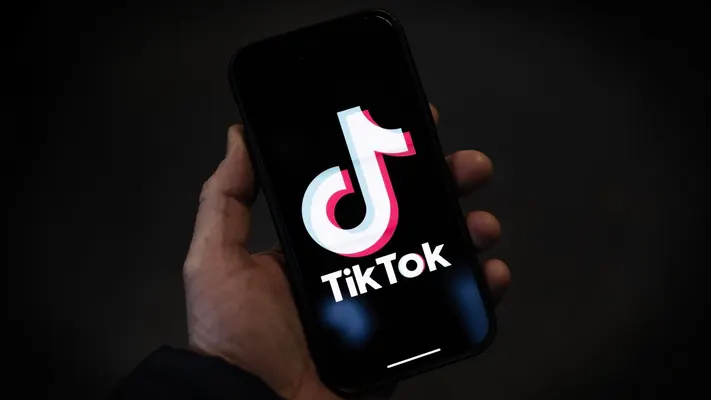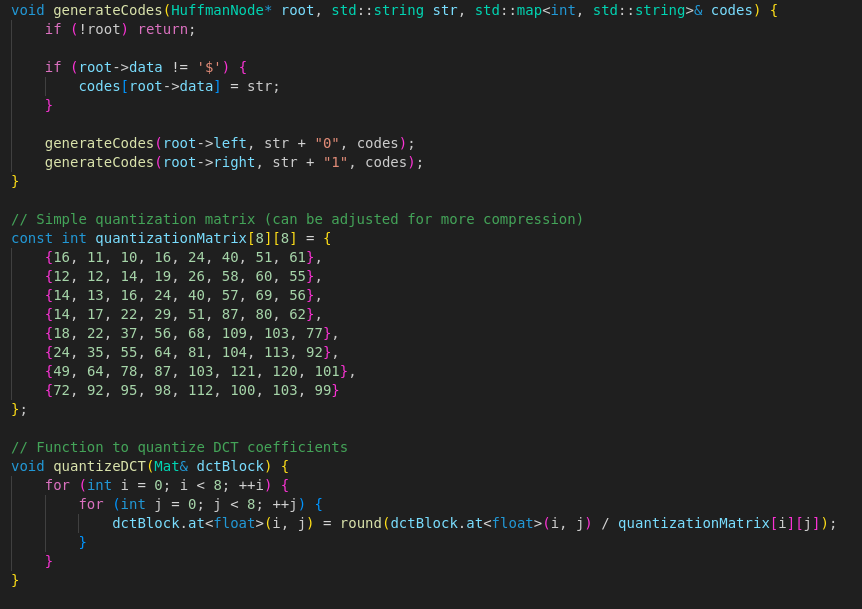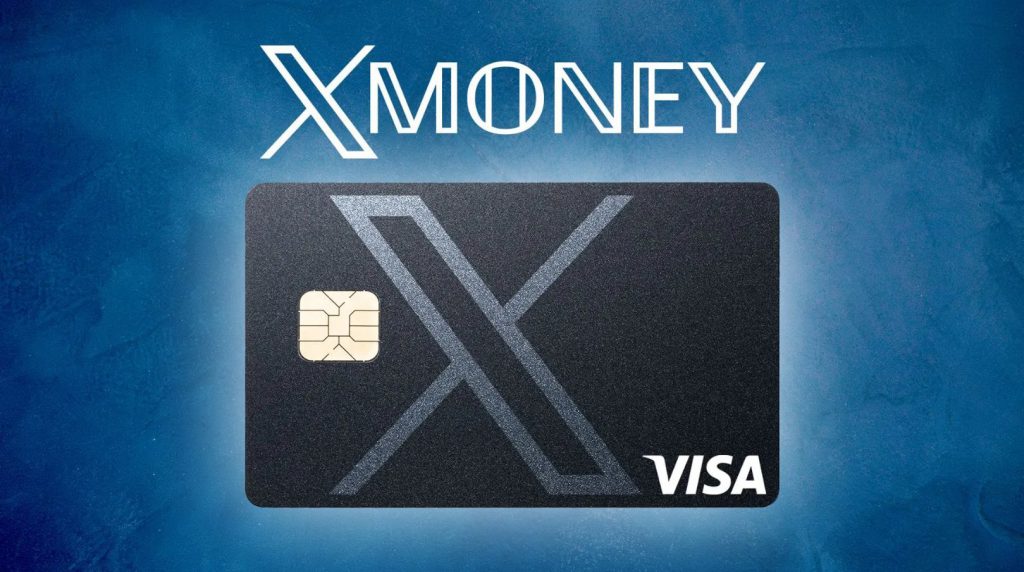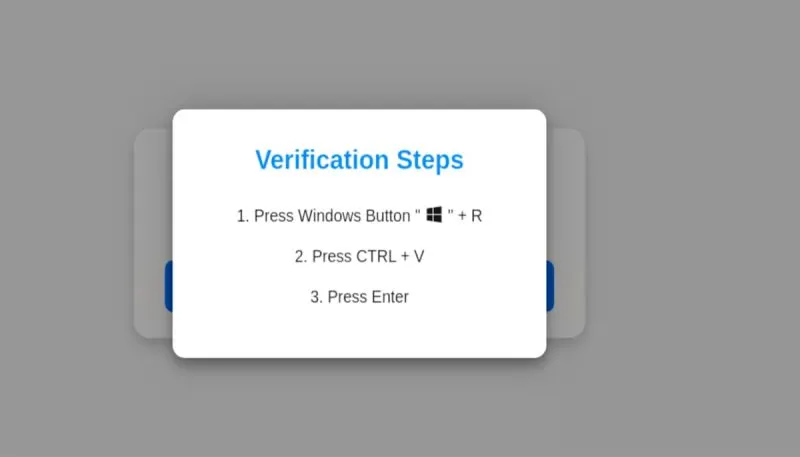The Tiktok Ban: Legal Battles, Privacy Concerns, And Generational Gap

— written by Francis on Jan. 19, 2025, 5:57 a.m.
The TikTok ban has become a flashpoint in the ongoing debate over data privacy, national security, and digital freedom. At the center of the controversy is the platform’s Chinese parent company, ByteDance, which U.S. lawmakers allege poses a risk to American user data. But is the ban legally sound, or is it a case of government overreach? Let’s dive into the legal nuances.
The Legal Angle: National Security or Overreach?
Under the International Emergency Economic Powers Act (IEEPA), the U.S. government has broad authority to restrict foreign entities if they threaten national security. However, the First Amendment, which protects freedom of speech, raises questions about banning a platform used by millions of Americans for expression and business. TikTok’s lawyers have argued that a ban would violate free speech rights by silencing creators and stifling cultural exchange.
Critics also question the evidence behind the claims of espionage. While ByteDance could theoretically share data with the Chinese government, there’s little public proof this has occurred. The ban, they argue, sets a dangerous precedent for restricting technology based on hypothetical threats.
Generational Divide: Explaining TikTok to Congress
Adding some levity to this otherwise serious issue, let’s address the elephant in the room: many members of Congress are navigating a world of viral dances and memes they never grew up with. The average age of a US Congressman is 58, and that of a senator is 64. Understanding TikTok’s cultural significance might feel like deciphering a foreign language for these people.
Sure, these are the same folks who once marveled at the invention of color TV, but their decisions now affect an app that billions use as a creative outlet, business platform, and news source. Maybe it’s time we teach Congress about FYPs before they legislate them into oblivion.
The TikTok ban underscores the complex intersection of technology, privacy, and law. While national security concerns are valid, the legal justification for an outright ban remains debatable. Instead of rushing into action, perhaps the government should focus on nuanced regulations, transparency, and fostering tech literacy among policymakers. And perhaps it wouldn’t hurt for Congress to spend a moment understanding the platform’s impact on modern culture before deciding TikTok’s fate.





















Comments
Nice one, but why I think there's more to the ban, than they are highlighting